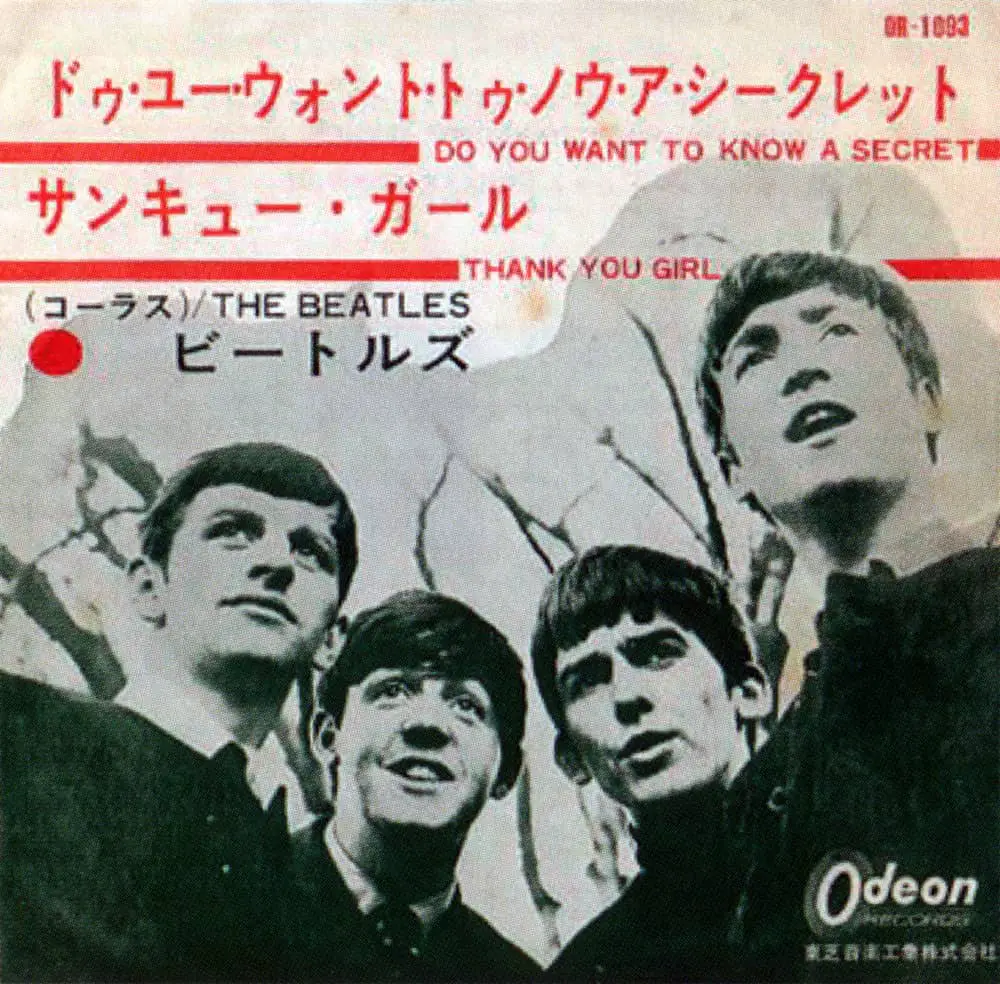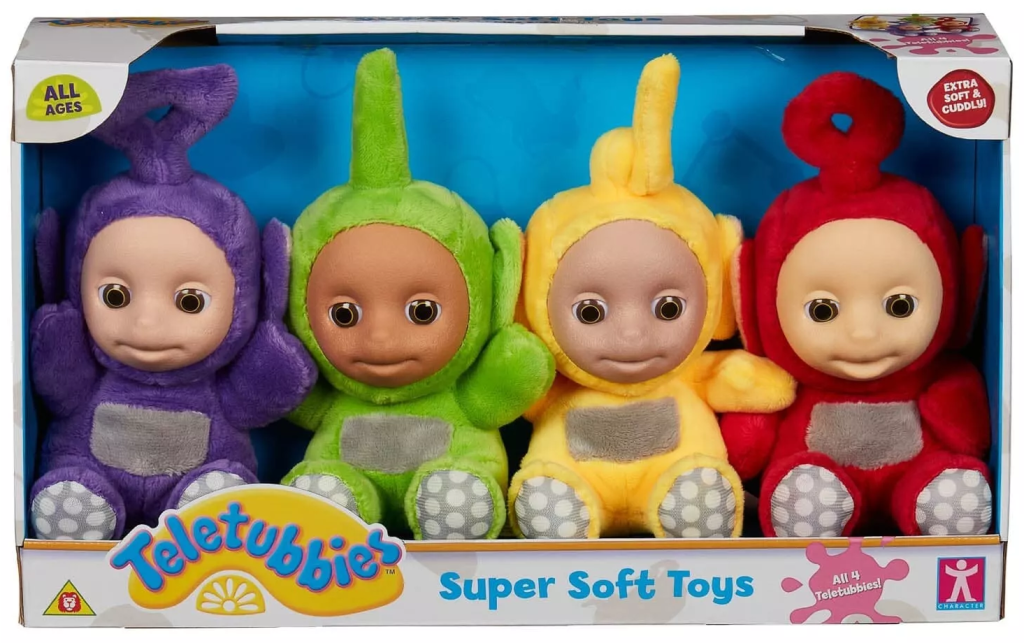Do you want to know a secret is a song written by John Lennon but, unusually for a Lennon-McCartney track, sung by George Harrison. It was released on the Beatles’ first album, Please Please Me, and was written before they had been signed.
Recorded for the Please Please Me album, ‘Do You Want To Know A Secret’ was written by John Lennon and sung by George Harrison.
 Continue reading on Beatles Bible →
Continue reading on Beatles Bible →The story of the songs genesis is well explained in quotes from Lennon himself which can be found on the Beatles Bible page. The song was inspired by a real secret, the apartment lent to Lennon and his new wife Cynthia by the Beatles’ manager Brian Epstein; Epstein had previously kept the secret flat for his own liaisons which, as he was gay, would have been illegal at the time in Britain.
Lennon remembered a song from the Disney movie Snow White and The Seven Dwarves that he’d heard his mother sing when he was a toddler. The Wishing Well Song starts with the words: “Want to know a secret? Promise Not to tell?”
Once the song had been written, Lennon thought it would be good for George to sing. As discussed in several previous posts, even before beginning their recording careers, as a live act the Beatles had always rotated the lead vocal role. The main purpose may have been to give the other vocalists a break during a demanding set and help to share the limelight among the competing egos, but the policy may have served an additional function: all four members were identifiable, distinct personalities, and this gave the band a deeper psychological connection with their audience, who could pick their favourites. I suspect this latter function was something that the Beatles discovered almost by accident as Beatlemania took off, but they weren’t going to mess with a winning formula. They stuck to the lead vocal rotation even after they stopped performing live and throughout their recording career so that all four Beatles would sing at least one vocal on every album (except Let It Be). The individual personas were also enhanced organically in media appearances and interviews and, more purposefully, in scripted films that provided caricatures that fans could latch on to.
The Beatles may have been among the first, but they were not the only group to make use of different personas. The Monkees took the idea a step further – rather than rotate the vocals they had a whole TV show to define their semi-fictional characters. You see the similar techniques being used in more recent bands such as the Spice Girls (posh spice, baby spice and so on). It even works in formats aimed at the youngest children such as British TV show Teletubbies (tinky-winky, dipsy etc.) suggesting that it taps into quite basic psychological mechanisms.
Cynically, as well as helping people form a stronger connection with a group, creating distinct personas multiplies the opportunities for marketing and merchandise: rather than selling one doll, pennant or pin badge, you can sell four or five!



In any event, Do You Want To Know A Secret was selected as George’s turn in the spotlight for the debut album. At this stage George was not confident about his vocals:
I didn’t like my vocal on it. I didn’t know how to sing; nobody told me how to.
I think his worries were misplaced; it’s a great vocal, typical of his lead vocals which were usually excellent, especially when the melody gave him the chance to express himself as it does on Do You Want To Know A Secret, I’m Happy Just To Dance With You, and of the several cover versions included on early albums. He was sometimes less convincing on his own early compositions which often had fairly horizontal melodies.
George’s voice is distinctive. When speaking, he was the king of all forms of double-edged subtlety; irony, sarcasm and wit, all carried by the tone of voice, rather than the words themselves. When he famously told George Martin at their first meeting “I don’t like your tie”, it was a significant moment that broke the ice and helped persuade Martin to sign the band. Martin started to see the Beatles as personalities, and he thought if he liked them, other people might like them, too.
When singing Harrison retains this tone of voice, and a tiny bit more of his native accent, than either John or Paul. His consonants cut through and he is effortlessly intelligible. Every now and then he subconsciously adds a kind of very light emphasis on a key word as if delivering a punchline or sarcastic jibe and there’s quite often a bit of a smile in his voice. He may never quite hit the intensity that Lennon and McCartney muster for the most powerful and emotional songs, but he makes up for that with a kind of authenticity and wry humour.
At the same time, vocally George is a part of the Beatles who, when they wanted to, could sound remarkably alike. When providing backing or harmony vocals George’s voice blended perfectly with the John and Pauls’, and they had sung together a lot before even beginning their recording career. I am guessing (and it would be interesting to analyze in more detail) that when three-part harmonies were required George would probably be taking the hardest parts, those least like the melody, least tuneful in isolation and least memorable; the notes that fill in the missing notes of the triad between Lennon’s low part and McCartney’s high one. This is a demanding role, but perhaps slightly easier for a lead guitarist who is generally adept at remembering complex musical phrases and who is often playing something relatively simple during vocal sections of a song. To play this part George had to be able to pitch his notes accurately whether or not they were inherently tuneful or naturally centred within his own range. This ability would have transferred to his lead vocals.
I think Harrison may have underestimated himself as a vocalist. That would only be natural given that both Lennon and McCartney were each truly gifted lead singers, but I wonder whether his lack of confidence may have fed into the relatively unexciting melodies in some of his earlier compositions.

